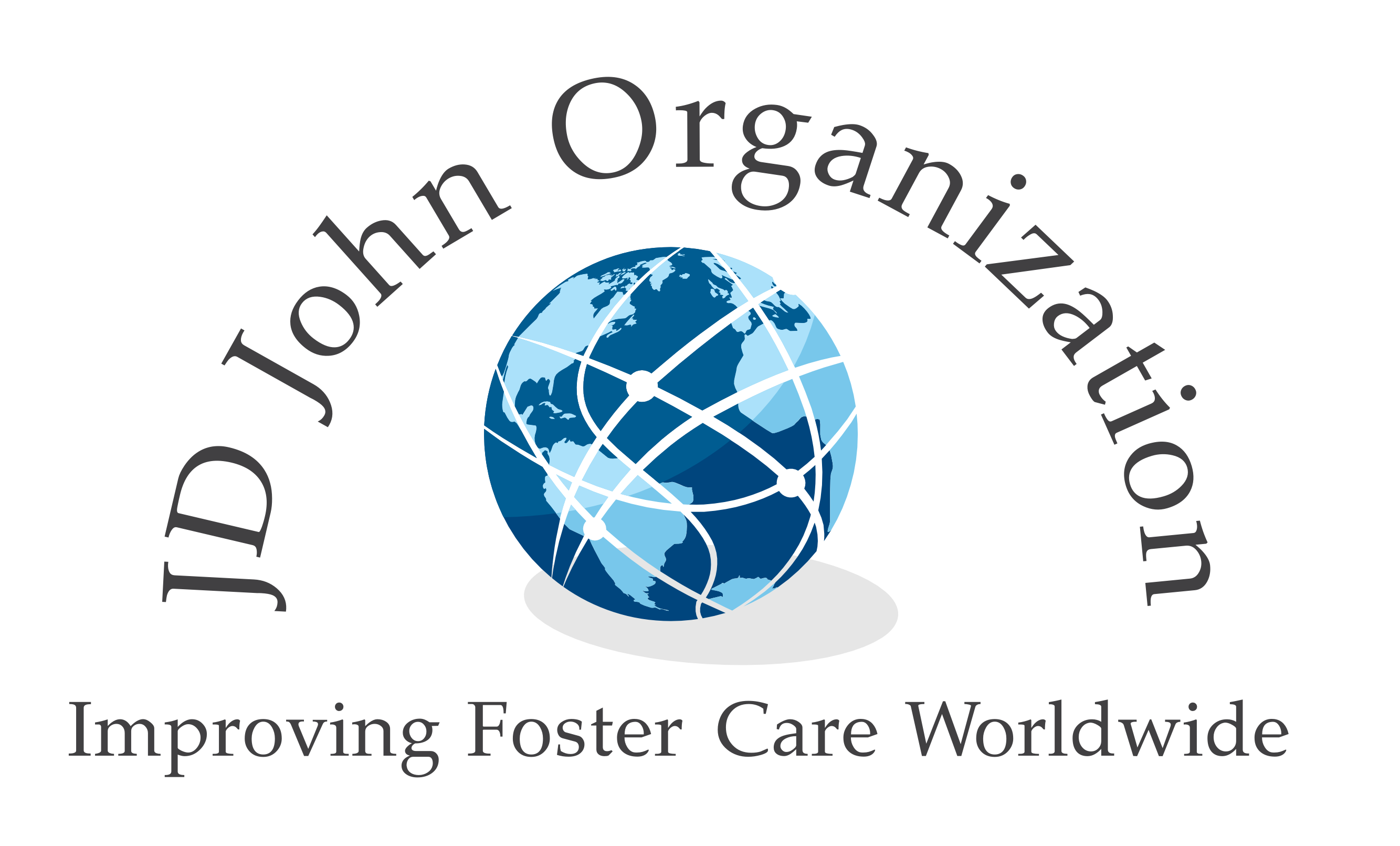Foster Care Alumni Share Advice for Representing Youth in Child Welfare Cases
South Texas College of Law (STCL) is committed to serving the public good and producing lawyers able and inclined to give back to society. One of the ways in which the law school accomplishes this goal is by creating opportunities for our students to engage with underserved populations, learn about their needs from firsthand accounts, and identify ways in which they can best assist them.
On Thursday, Oct. 29, STCL hosted an access-to-justice panel by One Voice Texas, a health and human services collaborative in the greater Houston area that works to meet the needs of all Texans. The topic of discussion was how attorneys and other legal representatives can aid youth who have or will age out of the foster care system.
The discussion was moderated by Katherine Barillas, director of child welfare policy at One Voice Texas, and the panel was composed of three contributors: Steven Shaw and JD John, alumni of the Texas and Oklahoma foster care systems, respectively; and Chris Valdez, a court-appointed special advocate in Houston.
John and Shaw, both of whom aged out of foster care without being adopted, had very different experiences in the child welfare system. They agree that these differences are largely attributed to the work of the caseworkers and legal advocates in each of their cases.
Shaw said his experience is similar to many children in foster care. High turnover rates meant that he and his nine siblings had dozens of caseworkers throughout their lives; he lost count at 125.
“The caseworkers immediately separated me and my siblings,” Shaw said. “I never met the attorneys on my case or directly spoke to a judge. And I definitely wasn’t made aware of my rights as an equal stakeholder in my care as a teenager.”
For John, while his life as a youth in foster care often was unpredictable and ever-changing, consistency from his attorney and the two caseworkers he had throughout his experience gave him some solid ground on which to stand.
“My caseworker scheduled what she called ‘Jimmy Time,’” John said. “For one hour every Friday, we had a phone date to discuss anything and everything that I was experiencing at my current placement. If things were good, I could just say they were good and hang up. But I always knew I had that outlet.”
John’s attorney and caseworker also made the sometimes ten-hour round trip to pick him up for court hearings, and made a point to explain frankly the details of his case – something Shaw wishes he’d had.
“Honesty is what these young people need from lawyers, caseworkers and judges,” Shaw said. “Give the child a realistic understanding of their situation so they aren’t blindsided.”
John said this transparency was the most valuable key to helping him make the transition of aging out of foster care. “My lawyer and caseworker sat me down and said, ‘statistically, it’s not likely you’re going to be adopted because you’re male, you’re gay, and you’re over 14. So, we’re going to start now in preparing you to be an adult’.”
The panelists shared some of their advice for future lawyers representing cases similar to theirs, much of which was based on the need for clear and consistent communication. Other advice included:
- Let your client know your time together is important and that you are listening. They need to feel heard.
- Make an effort to develop a relationship with the child. Let him or her know you can be trusted and relied upon.
- Use your access to the court to advocate on your client’s behalf and encourage judges to listen to the child’s feedback.
- Be creative in developing opportunities for your client to communicate directly with the judge. For example, have the child write a letter that is sealed until the judge opens it or arrange a video conference.
- Meet with youth outside of the home, in a comfortable environment such as a museum or pizza parlor. This gives the child a sense of confidentiality and helps them let their guard down.
- Consider when it is or isn’t appropriate for a child to be present in the courtroom, depending on the nature of the discussions scheduled to take place.
Valdez, who works as a court-appointed advocate for bilingual youth, has witnessed firsthand the difference a well-informed attorney can make in child welfare cases.
“As an advocate, the attorney is my greatest ally,” he said. “They are the ones who can get things done because they can steer the discourse in the courtroom.”
Originally published at http://www.stcl.edu/hottopics/one-voice-texas.html

